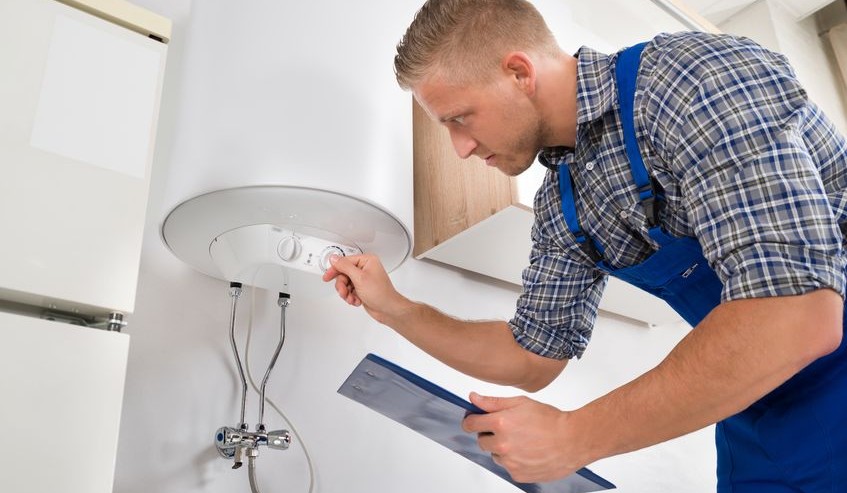When selecting heating installation services, there are a number of things you need to take into account. Above all, it’s crucial to look at potential installers and make sure the range of services they offer meets your needs. You need to consider whether you just want installation or you’re looking for a full design and project management package. If the installation is taking place during the winter months, you also need to know that the work will be completed as quickly and efficiently as possible.
What to Look For
So what are the key features you need to look out for in an installer? First of all, check that the company is accredited to the appropriate trade bodies for the work to be carried out. You need to be looking for things like G-Gas approval, ISO 9001 accreditation, Safecontractor approval and so on. Good heating installation services will also be registered with the Environment Agency.
In addition, you need to ask about whether the work is guaranteed, and if it is, then exactly what is covered. Also check to see if the company is approved by the manufacturers of any boilers or other equipment being supplied as part of the install.
Next, do they have experience in your size and type of business? Plus you’ll need to consider any special requirements such as working in laboratories or data centres, where cleanliness and tidiness are vital. Retail premises and public buildings all have their own special needs which any installer needs to be sensitive to as well, whether it’s minimising disruption or ensuring public safety.
System Design
Installing heating is only part if the job; it’s also important that whatever company you choose for the work is also able to handle the design and planning. This needs to take account of things like energy-efficiency, providing a comfortable environment, being sensitive to the design of the building – particularly older premises – and more.
Depending on the work involved, permission may be needed from landlords, freeholders, local authorities and other bodies. A good installer should be able to advise you on what’s required and be able to handle the appropriate paperwork on your behalf. You can then be sure that the installation won’t fall foul of building regulations or other rules. As to the job itself, you need to be sure that the work will be carried out in accordance with appropriate health and safety rules. Check too that the company has appropriate professional indemnity insurance in place to cover any problems.
If you opt for a completely project-managed installation, you should be able to hand things over to the supplier and not have to worry about any of the technicalities. Of course, it’s also important to know that any after-sales support is in place too. You need to be sure that any teething troubles will be corrected in a timely manner and that there will be ongoing support for servicing and fine-tuning of the finished system.

